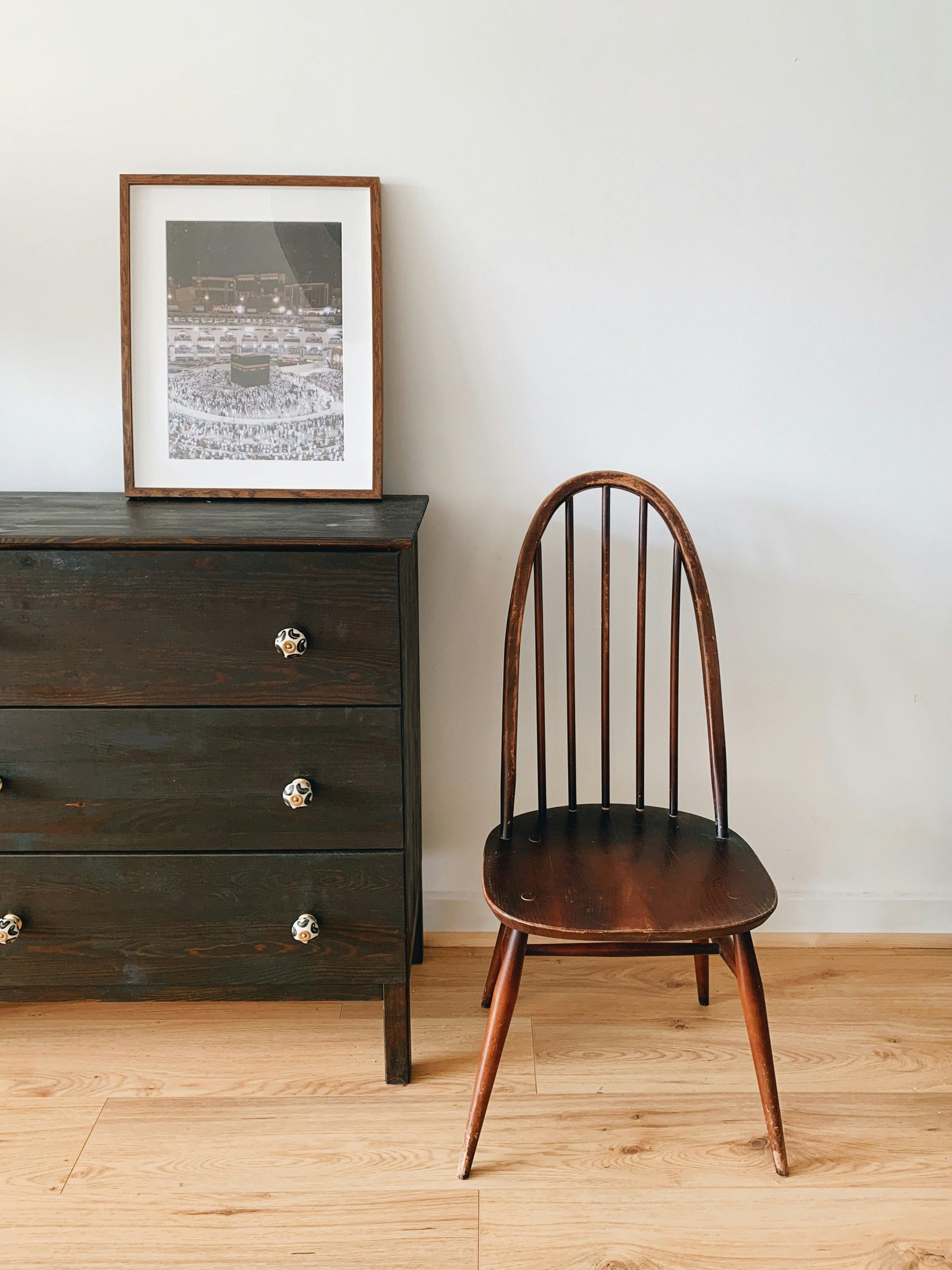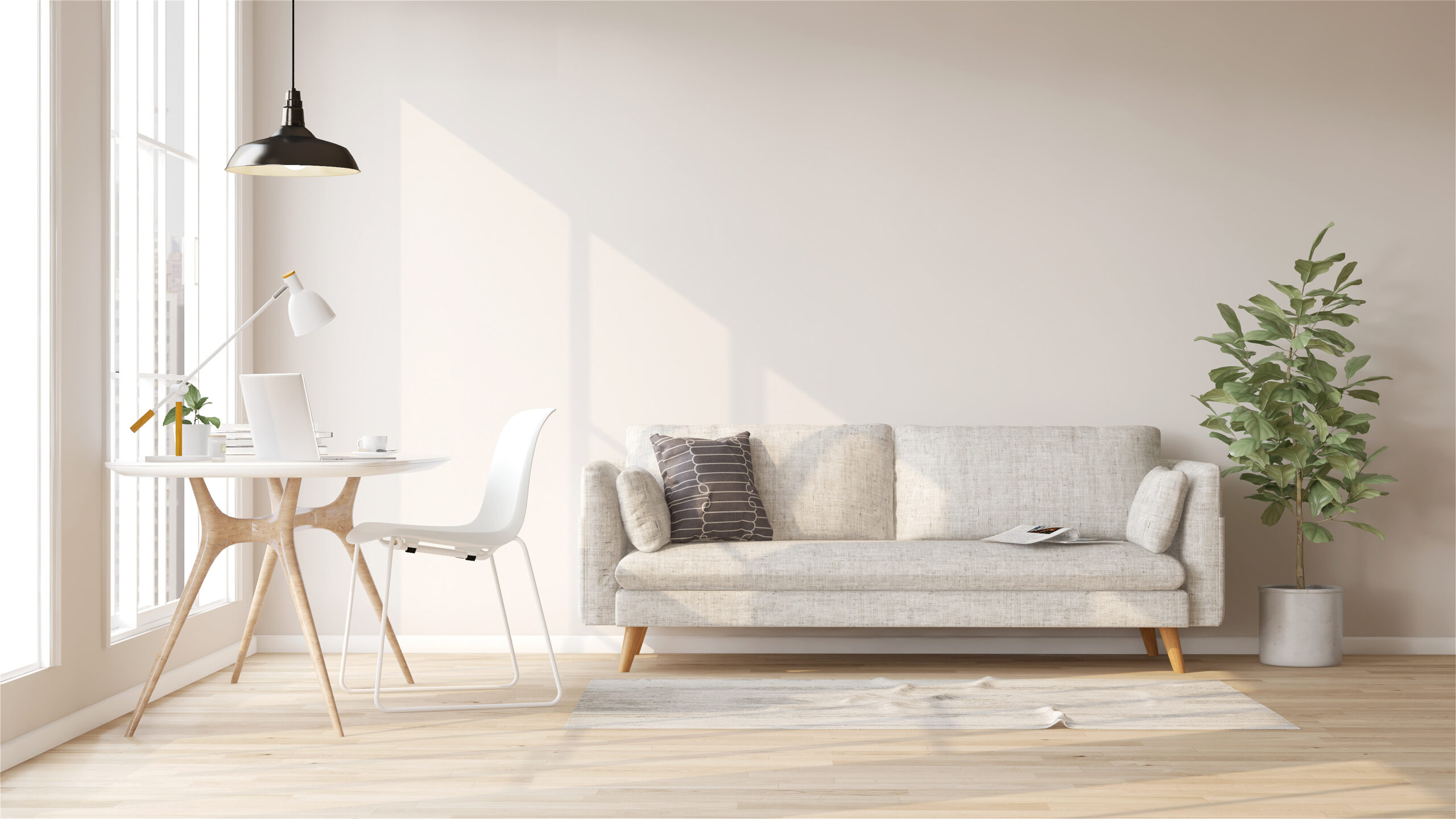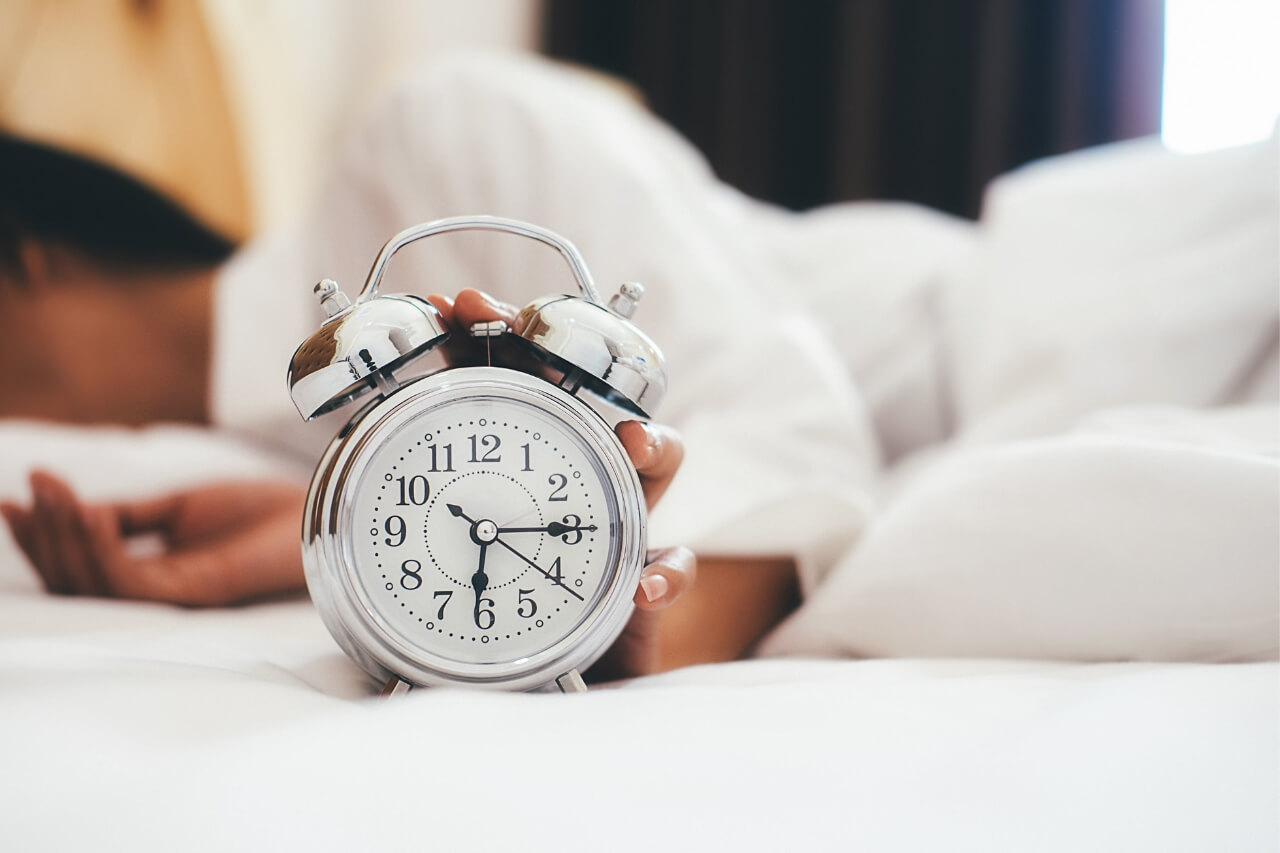The Importance of Minimalism in Stress Reduction and Mental Clarity

Understanding Minimalism: More Than Just a Trend
In a fast-paced world overflowing with possessions and distractions, minimalism emerges as a compelling solution for stress reduction and achieving mental clarity. By embracing the essence of “less is more,” individuals can unearth newfound tranquility amidst the chaos of everyday life. This lifestyle choice, which has gained popularity in various forms, offers a refreshing shift in how we perceive our possessions and overall well-being.
The Benefits of Embracing Minimalism
Consider the following benefits that come with adopting a minimalist lifestyle:
- Reduced clutter: A decluttered environment leads to a decluttered mind. Research shows that people living in organized spaces report lower levels of stress. For instance, a study conducted by the Princeton University Neuroscience Institute found that physical clutter in your surroundings competes for your attention and ultimately decreases your ability to focus on tasks.
- Enhanced focus: Fewer distractions allow for improved concentration on important tasks. In a minimalist space, you are more likely to stay focused on the work at hand without the visual and emotional clutter that typically accompanies excess items.
- Emotional relief: Letting go of material possessions can lead to decreased anxiety and stress. The act of decluttering has been linked to an increase in feelings of satisfaction and happiness. An example is the “KonMari Method,” developed by Marie Kondo, which emphasizes only keeping items that “spark joy.”
From simplifying living spaces to prioritizing essential activities, minimalism offers a path toward clearer thinking and greater peace of mind. This approach encourages individuals to be more intentional about their choices, allowing for a more focused lifestyle evaluation. When individuals consciously decide what to bring into their lives, they develop a greater appreciation for the things that truly add value.
The Psychological Impact of Minimalism
The implications of minimalism extend beyond physical belongings; it also encourages a mindful approach to life. By consuming only what is necessary or meaningful, individuals can cultivate deeper connections with their surroundings and significantly improve their mental well-being. Studies show that people who practice minimalism often report feeling liberated from the burden of excess and more connected to their community and nature.
In addition, minimalism can be particularly relevant in the United States, where consumer culture often emphasizes acquisition over experience. By shifting the focus from ownership to experiences, such as traveling or engaging in hobbies, individuals find greater joy and fulfillment. For example, many millennials are prioritizing travel over purchasing homes, illustrating a significant cultural shift towards valuing experiences over material possessions.

As we delve further into this topic, we’ll uncover practical strategies and compelling insights into how minimalism can transform stress into serenity and chaos into clarity. Through this exploration, individuals can begin to appreciate that a minimalist lifestyle is not merely about owning fewer items, but about making room for a more thoughtful, intentional way of living.
DIVE DEEPER: Click here for practical decluttering tips
Reevaluating Our Relationship with Possessions
The foundation of minimalism lies in the practice of evaluating our relationship with material possessions. It’s important to recognize that the items we accumulate often extend beyond mere belongings; they symbolize experiences, memories, and even the roles we play in society. However, this connection can lead to overwhelming feelings of attachment and anxiety. When we possess too much, it becomes challenging to distinguish what genuinely brings us joy. As a result, a burden forms, creating a detrimental cycle of stress and distraction.
Minimalism encourages individuals to reassess these attachments and ask critical questions about the items they own. For instance, when faced with a cluttered closet or a packed living room, one might consider whether each item serves a purpose or evokes happiness. By consciously purging unnecessary belongings, individuals not only clear their physical space but also cultivate a more intentional mindset, leading to greater mental clarity.
Practical Steps Toward Minimalism
Embarking on a minimalist journey may initially seem daunting, but several practical steps can ease the transition:
- Start Small: Choose a specific area in your home to declutter, such as a single drawer or a closet. Breaking the task into manageable chunks can reduce overwhelm and give a sense of accomplishment.
- Implement the One-Year Rule: If you haven’t used an item in the last year, it may be time to let it go. This rule helps identify items that no longer serve your needs or align with your current lifestyle.
- Adopt a “One In, One Out” Policy: For every new purchase, consider removing one existing item. This tactic prevents excessive accumulation and instills mindful consumption habits.
- Prioritize Quality Over Quantity: Invest in fewer, higher-quality items that serve your needs well, rather than filling your space with cheap or unnecessary goods.
These small yet powerful steps can dramatically transform not only your living environment but also your mental landscape. As you gradually embrace this minimalist mindset, the space you create invites clarity and calmness, which are essential for stress reduction.
Furthermore, adopting a minimalist lifestyle also reflects a significant shift in values. In a society obsessed with consumerism, minimalism serves as a counterculture that emphasizes sustainable living and a deeper appreciation for what truly matters. Many find that through reducing their possessions, they also simplify the demands of their daily lives, allowing time to invest in relationships, self-care, and meaningful activities.
As we continue this discussion, it becomes evident that minimalism is not merely a style of living—it’s a thoughtful choice aimed at enhancing well-being and mindfulness. By letting go of excess, one can cultivate an environment that promotes serenity and promotes a clear mindset, ultimately leading to a more fulfilled existence.
| Advantage | Description |
|---|---|
| Reduced Overwhelm | A minimalist lifestyle eliminates unnecessary distractions, allowing for greater mental emphasis on what truly matters, reducing feelings of stress. |
| Enhanced Focus | By minimizing clutter, both physical and digital, individuals can achieve better concentration and more profound mental clarity, facilitating productivity. |
Exploring the core tenets of minimalism illuminates its profound impact on stress reduction and enhanced mental clarity. By adopting minimalism, individuals can cultivate a serene environment where they can thrive. The elimination of excess promotes not only peace but also clarity in thought processes, paving the way for more meaningful pursuits in life.Moreover, research indicates a direct correlation between clutter and anxiety levels. When surrounded by excessive items, both physical and digital, cognitive load increases, leading to overwhelm. Conversely, a minimalist approach transforms spaces into havens of tranquility, inviting mindfulness into daily routines.Furthermore, embracing minimalism often extends beyond mere aesthetics. It encourages individuals to prioritize quality over quantity, be it in possessions, relationships, or commitments. This shift fosters a sense of control, stability, and inner peace, significantly contributing to enhanced emotional well-being.Ultimately, understanding and implementing the principles of minimalism can lead to transformative changes in how one navigates the complexities of everyday life. Consider diving deeper into this journey and uncovering how minimalism might be the key to achieving a more fulfilling and stress-free existence.
DISCOVER MORE: Click here to learn how minimalism can transform your space
The Psychological Benefits of Minimalism
Transitioning to a minimalist lifestyle can profoundly enhance mental clarity and significantly reduce stress. Research has shown that a cluttered environment can lead to elevated levels of cortisol, the stress hormone, resulting in feelings of anxiety and overwhelm. By embracing minimalism, individuals can create a more organized and harmonious space that promotes tranquility and focus.
One significant aspect of this is the concept of cognitive load. Cognitive load refers to the amount of mental effort being used in the working memory. Cluttered spaces impose additional cognitive load, which can hinder one’s ability to concentrate and make decisions. A minimalist approach reduces distractions and simplifies the visual landscape, allowing the mind to focus on the task at hand without the constant pull of untidy surroundings. This mental clarity can lead to improved creativity and problem-solving skills.
A practical illustration of this principle is found in workplaces that incorporate minimalist design and decor. Studies indicate that employees who work in clean, uncluttered environments tend to be more productive and experience lower levels of stress. Companies like Google have adopted minimalism in their office designs, recognizing that clean lines, open spaces, and simple aesthetics can enhance employee well-being and performance. When the physical environment mirrors simplicity, it fosters an atmosphere of clarity and innovation.
The Mindfulness Connection
Minimalism inherently promotes mindfulness, a mental state achieved by focusing one’s awareness on the present moment. This can be further explored through practices linked to minimalism, such as mindful consumption. Mindful consumption involves making intentional choices about what we bring into our lives, whether it be material items, experiences, or even relationships. This approach encourages individuals to reflect on their true needs, leading to more meaningful and fulfilling choices.
Moreover, the act of decluttering can serve as a form of meditation and emotional release. The process allows individuals to confront their attachments and fears surrounding possessions, enabling them to let go of what no longer serves them. This cathartic experience can be incredibly freeing, often resulting in a newfound sense of liberation and clarity. For many, the emotional relief garnered from letting go extends far beyond the physical space, positively influencing overall mental health.
- Enhancing Focus: Reducing clutter naturally encourages clearer thinking, allowing individuals to concentrate fully on projects and goals.
- Creating Time: With fewer possessions to manage, individuals find they reclaim time previously spent cleaning, organizing, and maintaining belongings.
- Fostering Gratitude: A minimalist lifestyle encourages appreciation for what one has rather than constantly striving for more, which can lead to greater happiness.
Minimalism aligns seamlessly with the trend of simplifying life, reflecting an evolving cultural ethos centered on balance and well-being. As more people recognize the burden of excessive belongings, they also begin to understand the importance of reclaiming space and mental clarity. In a world that often emphasizes accumulation, the minimalist approach provides a refreshing alternative, directing focus toward the essence of experiences rather than material possessions.
DISCOVER MORE: Click here to simplify your wardrobe
Conclusion: Embracing Minimalism for a Clearer Mind
As we navigate the complexities of modern life, the importance of minimalism in stress reduction and mental clarity cannot be understated. The act of simplifying our surroundings invites a level of serenity that is often drowned out by the chaos of excess. By minimizing clutter, we not only create a physical space that fosters calm but also cultivate a mental environment conducive to focus and creativity.
Research clearly shows that a decluttered space correlates with lower stress levels, inspiring individuals to make intentional choices that resonate with their core values. The ability to clear cognitive load enhances our capability to problem-solve and innovate, unlocking a wealth of potential that can propel both our personal and professional lives forward.
Moreover, minimalism encourages a mindful approach to consumption, allowing us to reflect more deeply on what we truly value. This shift in mindset fosters a sense of gratitude for what we have, promoting overall happiness and satisfaction. As this cultural movement continues to gain traction, it represents not just a lifestyle but a transformative journey toward well-being.
In essence, adopting a minimalist lifestyle equips us with the tools to reclaim our time, reduce stress, and clarify our intentions. For those struggling under the weight of overwhelming possessions or mental clutter, it may be time to explore the benefits of minimalism. Embracing this philosophy could very well lead to a clearer mind and a more tranquil life.


